1. Audie Murphy: The Soldier Turned Movie Star
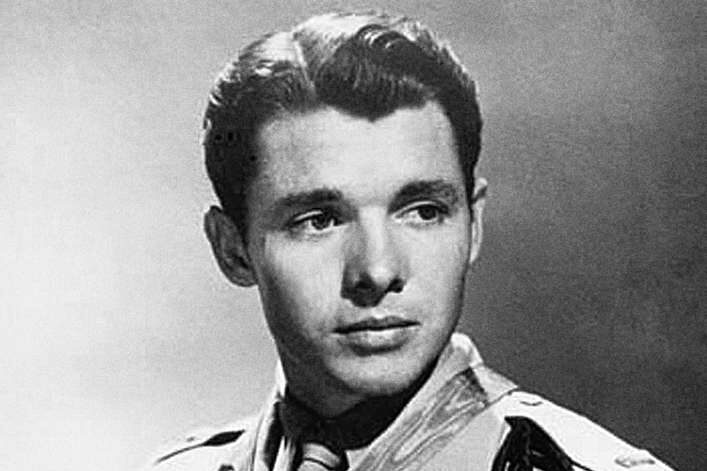
Audie Murphy was one of the most decorated American soldiers of World War II, earning every U.S. combat award for valor available at the time, including the Medal of Honor. At just 19, he held off an entire German company single-handedly by climbing onto a burning tank destroyer and using its machine gun. He later led a successful counterattack despite being wounded and outnumbered shares Yahoo.
After the war, he became a Hollywood actor, playing himself in the film To Hell and Back. But behind the fame, Murphy struggled with what we now know as PTSD. He spoke openly about his battle scars and advocated for veterans’ mental health long before it was common. His bravery on and off the battlefield makes him a true American icon adds IMDb.
2. Harriet Tubman: The Conductor of Freedom
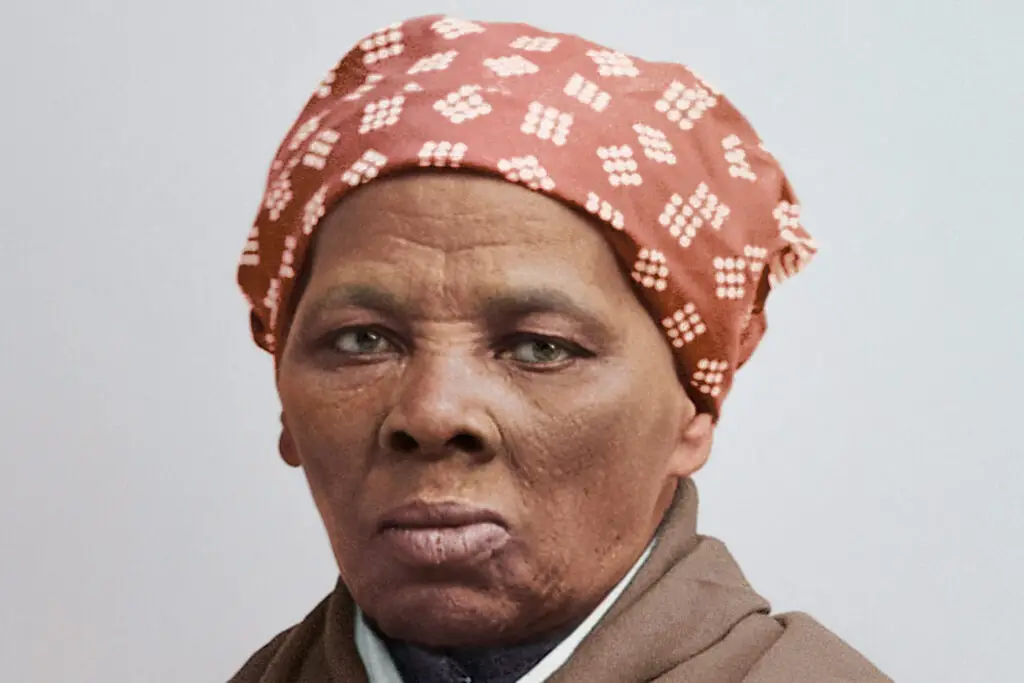
Harriet Tubman is widely known for her role in the Underground Railroad, but the scope of her bravery goes far beyond that. Born into slavery, she escaped and then returned repeatedly to rescue dozens of others—despite the huge risk to her life. She never lost a single passenger shares CNN.
During the Civil War, Tubman became a spy and scout for the Union Army, even leading a military raid that freed over 700 enslaved people. Later in life, she fought for women’s suffrage and founded a home for elderly African Americans. Her life is a story of unshakable courage and moral clarity. It’s a wonder Hollywood hasn’t made five movies about her already adds NPR.
3. Fred Rogers: The Peacemaker in a Cardigan
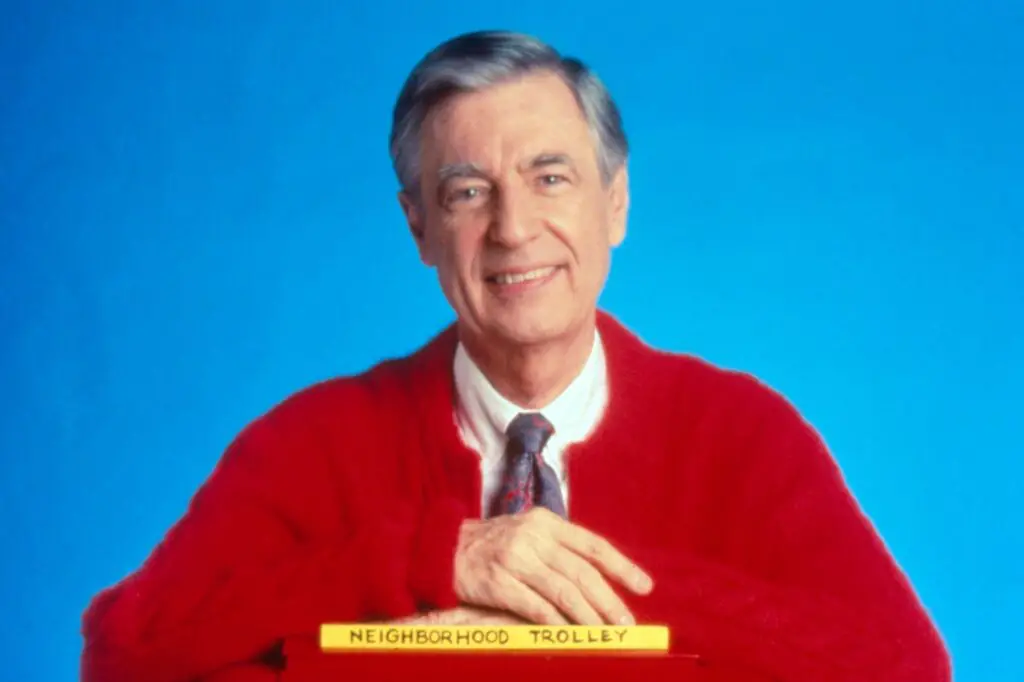
Fred Rogers, known to generations as Mister Rogers, might not seem like the action-hero type, but his quiet strength had a real-world impact. He spoke to children about death, divorce, and difficult emotions with compassion and honesty, often when no one else would. His show provided a safe space in a noisy world.
One of his boldest moments came in 1969 when he testified before Congress to fight for public television funding. Instead of shouting, he spoke from the heart—and won over a skeptical senator in minutes. Rogers believed in the power of kindness and never wavered from his mission. His legacy is living proof that changing the world doesn’t always require a weapon.
4. Theodore Roosevelt: The Rough Rider Who Fought for Reform
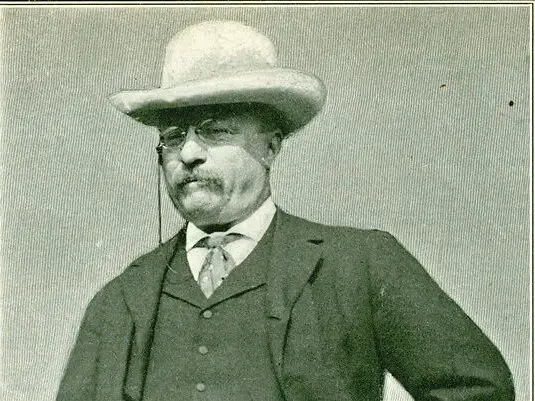
Before he became president, Theodore Roosevelt was already living an adventure story. He led the Rough Riders in the Spanish-American War, famously charging up San Juan Hill. But even more impressive was what he did after the battlefield—using his presidency to take on corrupt corporations and champion national parks.
Roosevelt survived assassination attempts, boxed in the White House, and even gave a speech with a bullet lodged in his chest. He believed in fighting for the average American, not just the elite. His life was a whirlwind of grit and bold decisions. If anyone could star in a political action movie, it’s Teddy.
5. Clara Barton: The Angel of the Battlefield

Clara Barton was a nurse during the Civil War who treated wounded soldiers right on the front lines, often under fire. Her compassion and tireless energy earned her the nickname “the angel of the battlefield.” She went wherever she was needed, no matter the danger.
After the war, Barton founded the American Red Cross and led relief efforts for everything from hurricanes to war zones. She was well into her seventies when she finally stepped down. Her work changed the face of humanitarian aid in the U.S. If bravery is doing the hard work that no one else wants to do, Barton wrote the book.
6. Jackie Robinson: The Groundbreaker in Cleats

Jackie Robinson didn’t just break baseball’s color barrier in 1947—he did it while facing daily hate, threats, and physical danger. He kept his cool not because he lacked fire, but because he knew the stakes were bigger than himself. Robinson endured it all so that future generations wouldn’t have to.
Off the field, he was just as impactful, using his voice to advocate for civil rights and speak out against injustice. He was the first Black athlete to be honored in the Baseball Hall of Fame, and his number 42 is retired across the entire Major League. Robinson’s story is one of restraint, grit, and moral courage. He changed more than just the game.
7. John Lewis: The Man Who Never Gave Up
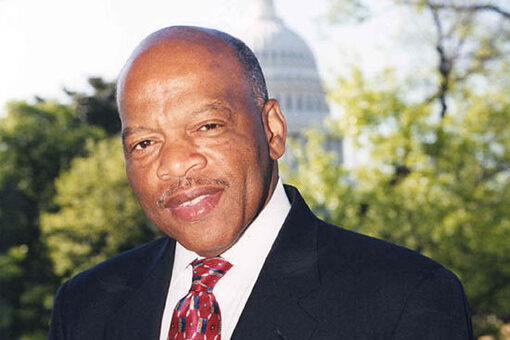
Long before he was a congressman, John Lewis was getting beaten for sitting at lunch counters and marching for the right to vote. He was one of the original Freedom Riders and helped lead the march across the Edmund Pettus Bridge in Selma, where he was brutally attacked by police. He almost died that day—but he kept fighting.
Lewis believed in “good trouble”—the kind of necessary disruption that forces change. He served in Congress for over 30 years and never lost his fire. When he passed away in 2020, tributes poured in from across the political spectrum. His whole life was a masterclass in courage and perseverance.
8. Neil Armstrong: The Man on the Moon
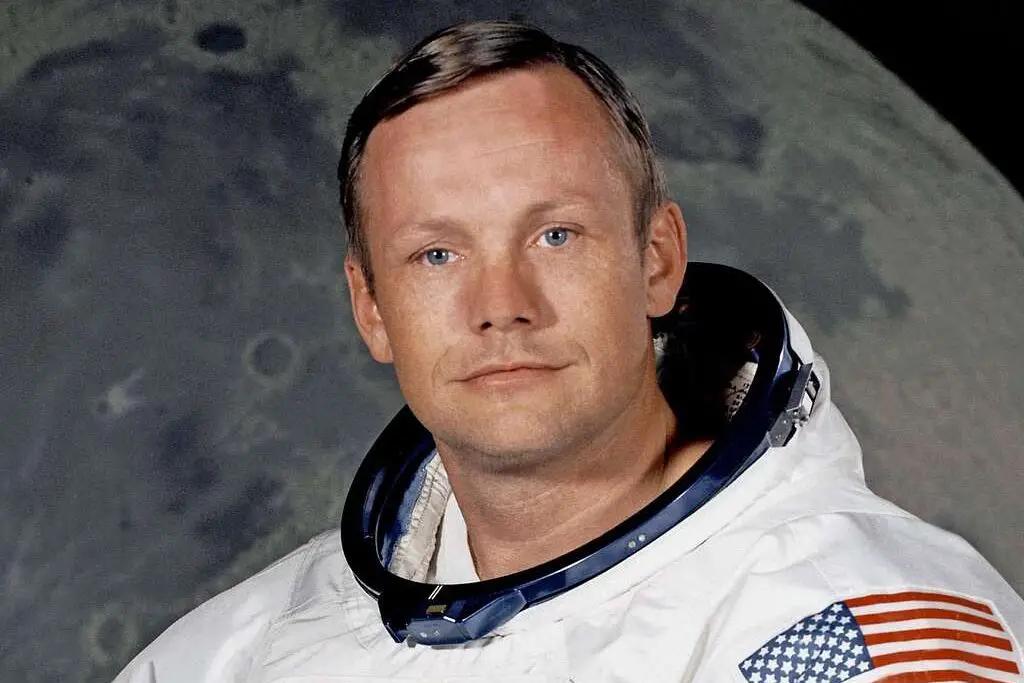
Neil Armstrong might be best known for his calm voice during the Apollo 11 moon landing, but his story starts long before that. He flew combat missions in Korea and was a test pilot before ever stepping foot in a rocket. He risked his life again and again in the name of exploration.
His famous moonwalk in 1969 was a global moment of awe—but what followed was just as remarkable. Armstrong shunned the spotlight and focused on education, engineering, and supporting space innovation quietly behind the scenes. He was a reluctant hero who let his actions do the talking. His leap for mankind came with decades of quiet heroics.
9. George Washington: The Reluctant Revolutionary
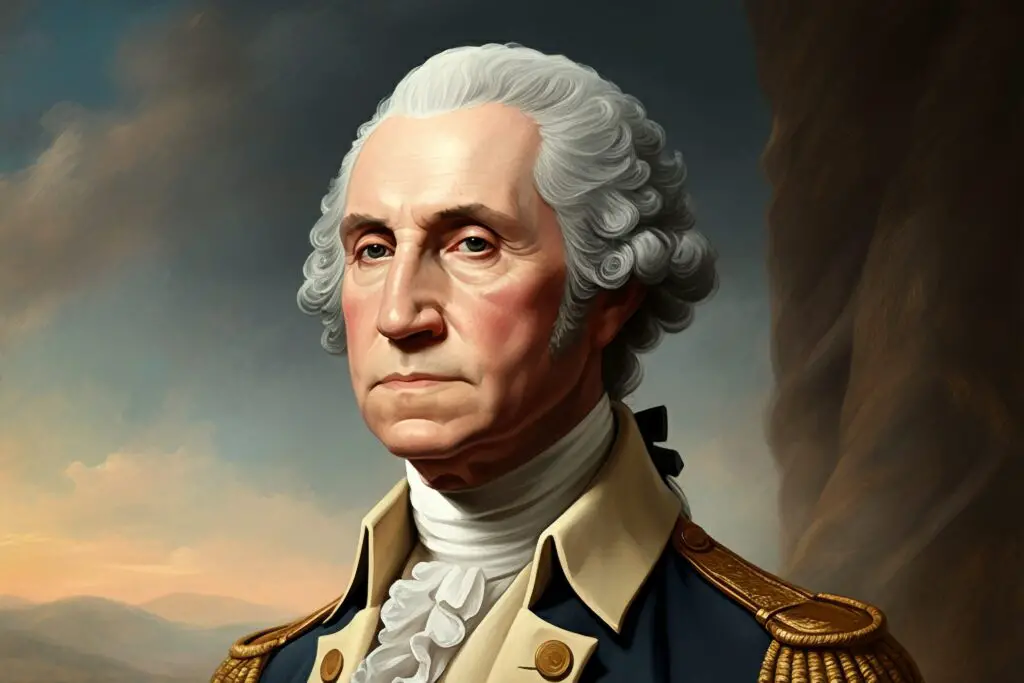
George Washington didn’t want to be president. He didn’t even want to lead the Continental Army. But when duty called, he stepped up and led America to independence with grit and determination. His strategy often involved retreating to win—outsmarting rather than overpowering the British.
After the war, he shocked the world by giving up power. Then he shocked them again by doing it a second time after two terms as president. That simple act of walking away might be one of the most heroic things he ever did. Washington’s legacy is built on knowing when to fight—and when to let go.
10. Sojourner Truth: The Voice That Couldn’t Be Silenced
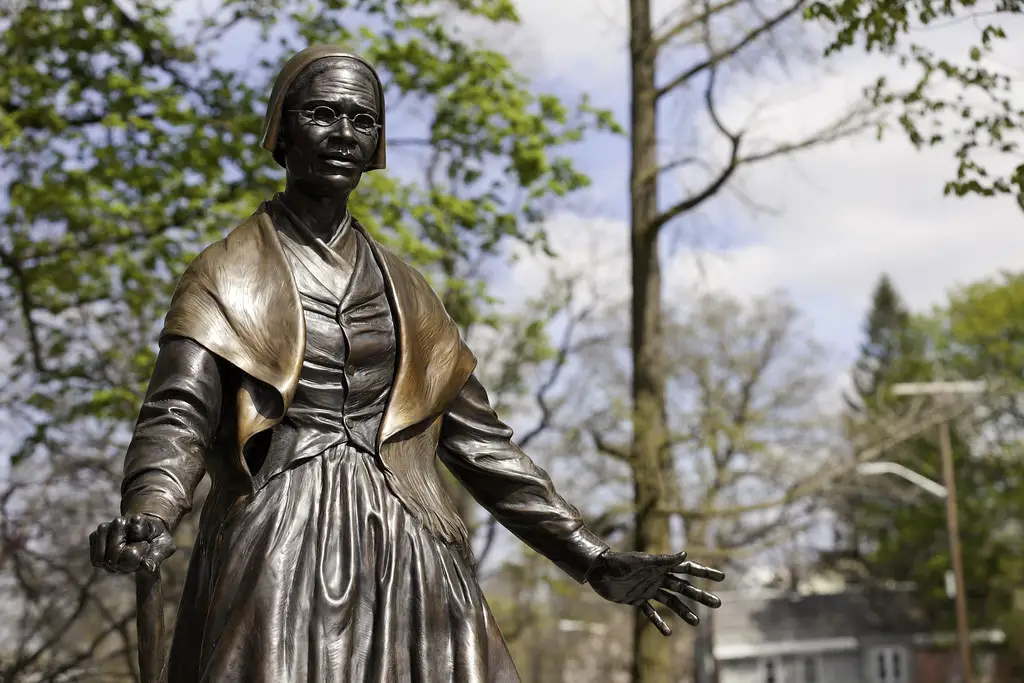
Sojourner Truth escaped slavery and became one of the most powerful voices in the fight for abolition and women’s rights. Her speech “Ain’t I a Woman?” cut through hypocrisy with unforgettable clarity. She spoke truth to power—often literally, in front of presidents and lawmakers.
She couldn’t read or write, but she knew how to move a room. Truth spent her later years pushing for land grants for freed slaves and helping newly freed people adjust to life in freedom. Her faith guided her every step. Her voice still echoes today because she spoke what others were too afraid to say.
11. Martin Luther King Jr.: The Dreamer with a Backbone
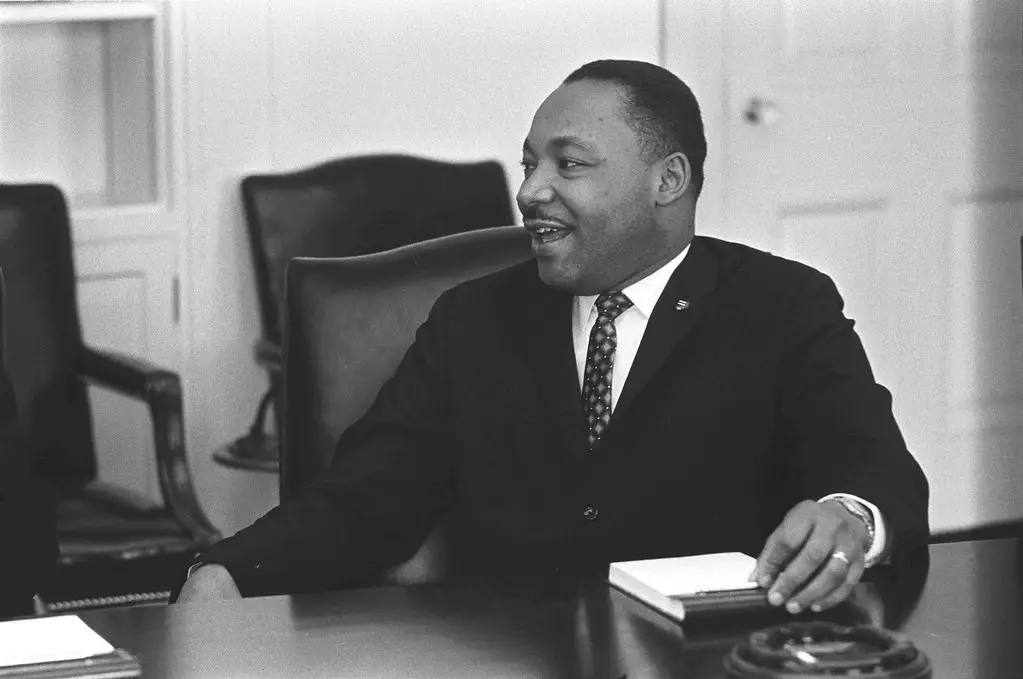
We remember Martin Luther King Jr. for his dream, but his reality was full of threats, jail time, and heartbreaking setbacks. He led marches through hostile cities, faced bombs at his home, and was constantly monitored by the FBI. Still, he never strayed from nonviolence.
His leadership during the Montgomery Bus Boycott, the March on Washington, and the Selma campaign changed the country forever. He wasn’t just a speaker—he was a strategist, a minister, and a man willing to give his life for justice. And in 1968, he did. His legacy is larger than life, but grounded in relentless, daily acts of bravery.
12. Amelia Earhart: The Woman Who Dared the Skies
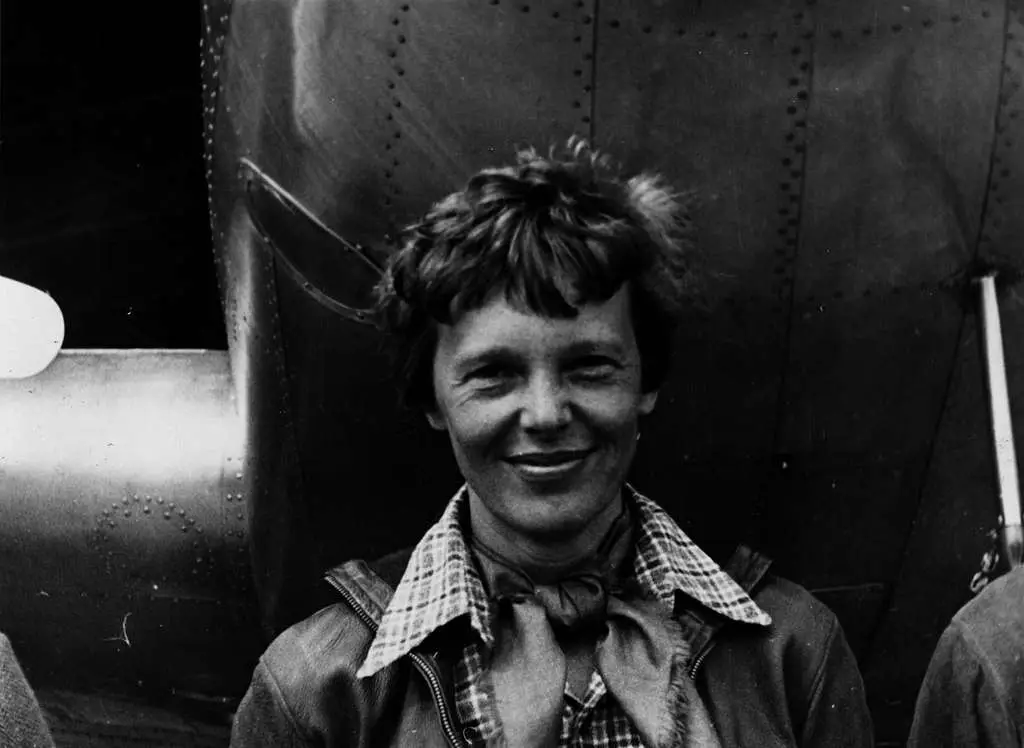
Amelia Earhart broke record after record in aviation at a time when flying was still considered dangerously new. She was the first woman to fly solo across the Atlantic and set numerous speed and altitude records. She made it clear that women belonged in the cockpit, long before that idea was mainstream.
Her disappearance during her 1937 attempt to fly around the world only deepened her legend. Earhart wasn’t just brave in the air—she was fearless in challenging gender norms and speaking out. Her legacy isn’t just in her flights, but in how many others she inspired to take off. She was a trailblazer in every sense of the word.
13. Franklin D. Roosevelt: The President Who Couldn’t Walk but Wouldn’t Stop
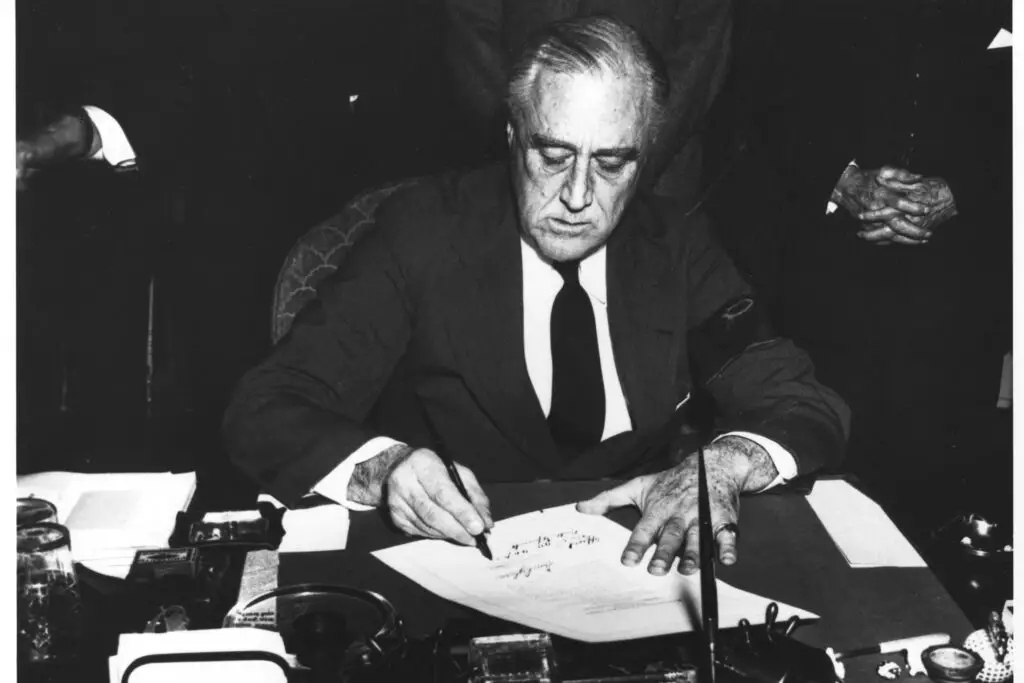
FDR contracted polio at 39 and lost the use of his legs, but he refused to let it define him. He went on to lead America through the Great Depression and World War II, becoming the only president elected to four terms. His fireside chats reassured millions and helped steady the nation during crisis after crisis.
What most people didn’t know at the time was how much effort it took for him to appear “normal.” He used braces, canes, and often leaned on aides—yet always projected confidence and strength. Roosevelt’s resilience behind the scenes was as impressive as his policies in public. His story reminds us that strength doesn’t always look like what we expect.
14. Rosa Parks: The Woman Who Sat Down to Stand Up
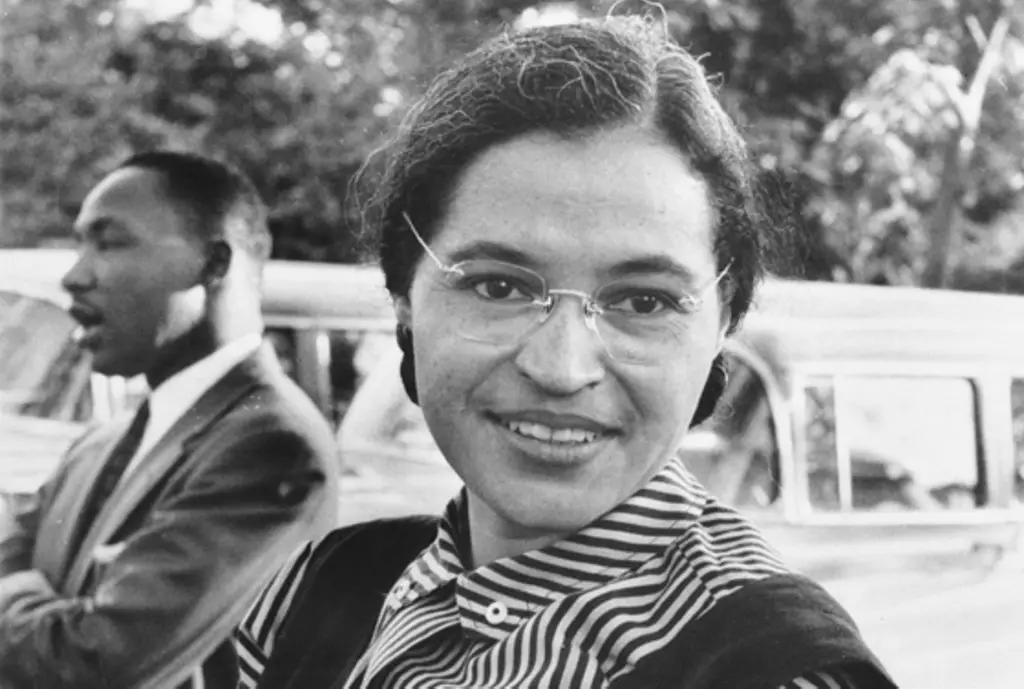
Rosa Parks wasn’t just tired—she was tired of injustice. When she refused to give up her seat on a Montgomery bus in 1955, she sparked a movement that changed the course of history. She was arrested and fired from her job, but her quiet act of defiance inspired the Montgomery Bus Boycott and launched Martin Luther King Jr. into the spotlight.
But Parks’ activism didn’t start or end on that bus. She worked with the NAACP, fought for political prisoners, and pushed for justice her entire life. She was humble, dignified, and fiercely committed. Her bravery wasn’t loud, but it was seismic.
15. Louis Zamperini: The Survivor Who Forgave
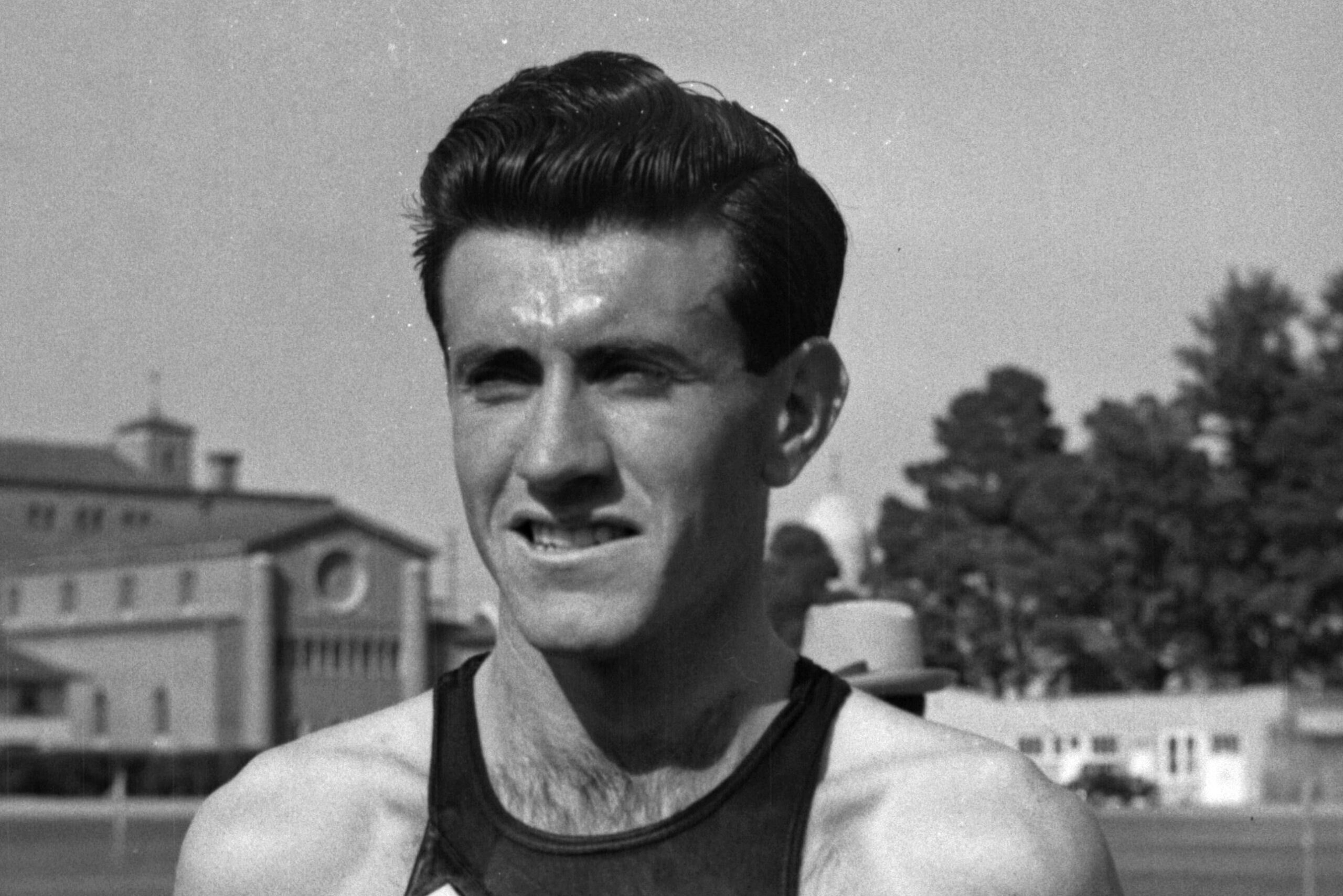
Louis Zamperini was an Olympic runner who enlisted during World War II and found himself stranded on a life raft after a plane crash, surviving 47 days at sea. He was then captured and tortured in a Japanese POW camp for over two years. The pain was unimaginable—but Zamperini endured it all.
After the war, he struggled with nightmares and anger but eventually found peace through faith and forgiveness. He even met with his former captors and offered them compassion. His story was captured in the book and movie Unbroken, but it’s the inner strength he found afterward that truly defined him. Zamperini’s life is a blueprint for resilience.
